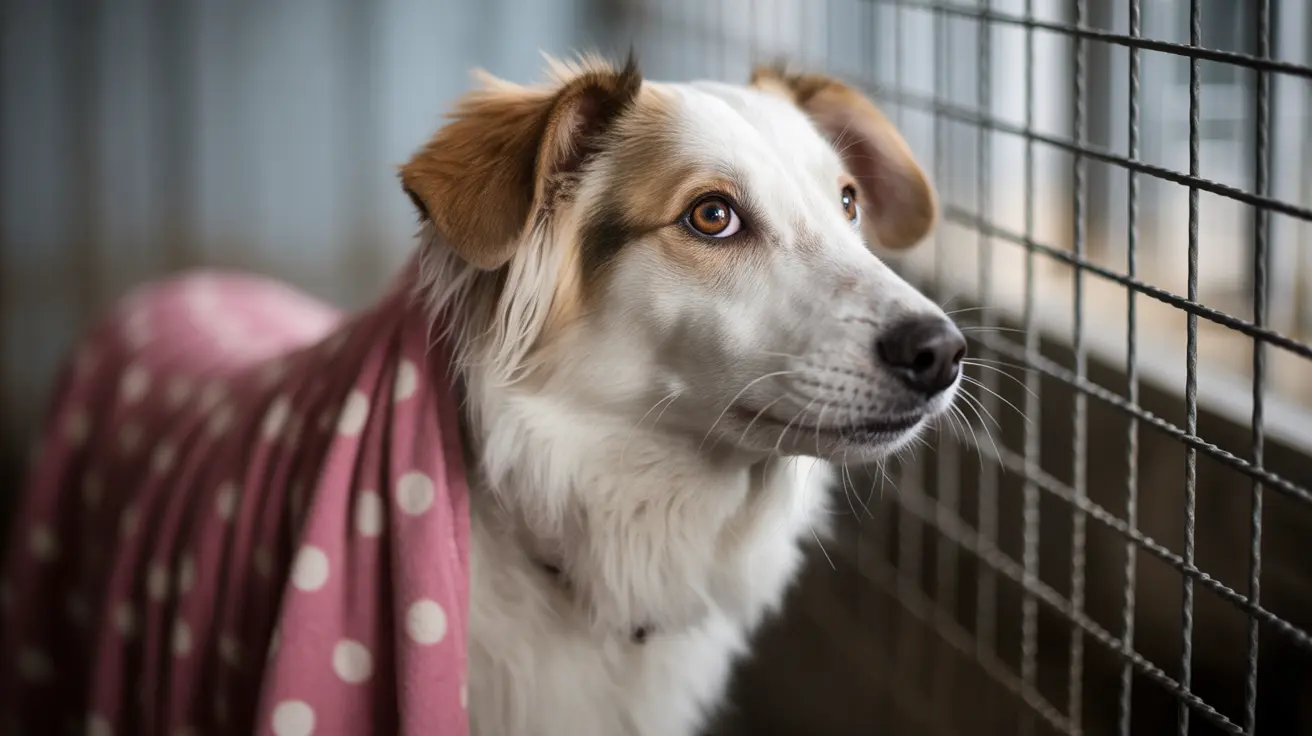What Kind of Peanut Butter Is Safe for Dogs?
Peanut butter is a favorite treat for many dogs, and when given correctly, it can be a healthy addition to your dog’s diet. However, not all peanut butter is safe for dogs. Knowing what kind of peanut butter to choose helps avoid harmful health effects and keeps your pet happy and healthy.
Why Dogs Love Peanut Butter
Peanut butter is rich, tasty, and packed with protein, fats, and vitamins. It also serves as an excellent way to hide medications or as a reward during training. Most dogs eagerly lick it up, making it a go-to treat for pet owners.
Key Ingredients to Avoid
When selecting peanut butter for your dog, it’s crucial to read ingredient labels. Some human-grade peanut butters contain harmful additives that are toxic to dogs:
- Xylitol: This artificial sweetener is extremely toxic to dogs. Even small amounts can cause insulin release, leading to hypoglycemia (low blood sugar), seizures, liver failure, or even death.
- Salt: Excessive sodium is harmful to dogs and can lead to pancreatitis or kidney issues.
- Added Sugar: Sugar can contribute to obesity, diabetes, and dental issues in dogs.
- Hydrogenated Oils: These trans fats are unhealthy for both humans and dogs, contributing to obesity and heart disease.
The Best Peanut Butter Types for Dogs
Choosing the right peanut butter can be simple if you stick to a few golden rules. Here are peanut butter options that are safe for dogs:
- Natural Peanut Butter: Choose products with only peanuts—and possibly a small amount of salt—as ingredients. Avoid any brand with xylitol, sugar, or hydrogenated fats.
- Unsalted Peanut Butter: Less sodium is better for your dog’s health, and unsalted varieties typically have purer ingredients.
- Organic Peanut Butter: These usually contain fewer additives and preservatives, making them a safer choice.
- Homemade Peanut Butter: Making your own peanut butter allows for full control over the ingredients. Blend roasted, unsalted peanuts without any extra oils or sweeteners.
Safe Peanut Butter Brands for Dogs
Several brands are well-known for providing dog-safe peanut butter options. Popular choices include:
- Dogsbutter by Dog for Dog: Specifically formulated for dogs, this peanut butter contains no xylitol, sugar, or artificial additives.
- Crazy Richard's 100% Peanut Butter: Made from only peanuts with no added sugars, oils or salt.
- Teddie All Natural Peanut Butter: This brand offers unsalted varieties with basic ingredients—only peanuts.
- Homemade: Making it at home is the safest and healthiest option if you stick to natural peanuts only.
How Much Peanut Butter Is Safe for Dogs?
Even with a safe brand, moderation is key. Too much peanut butter can lead to weight gain and gastrointestinal problems. Here are general guidelines:
- Small Dogs: Half a teaspoon once per day or less
- Medium Dogs: Up to one teaspoon per day
- Large Dogs: Up to one tablespoon per day
Always consult with your veterinarian before introducing new treats to your dog’s diet, especially if your pet has health issues.
Healthy Ways to Use Peanut Butter
- As a Treat: Use a spoonful as an occasional reward.
- Stuffed Toys: Fill a Kong or puzzle toy with peanut butter to keep your dog entertained.
- Medication Masking: Hide pills in a dollop of peanut butter.
- Training Aid: Use small tastes during obedience training as a high-value reward.
Signs of a Negative Reaction
If your dog has never had peanut butter before, introduce it slowly and watch for signs of allergy or digestive upset. Symptoms may include:
- Vomiting
- Diarrhea
- Excessive drooling
- Itching or hives
- Lethargy or behavioral changes
If any of these occur, discontinue feeding and contact your veterinarian immediately.
Conclusion
Peanut butter can be a nutritious and enjoyable treat for your dog—as long as it’s given in moderation and is free from harmful ingredients like xylitol, sugar, or excessive salt. Stick to all-natural, unsalted, or homemade varieties to ensure your furry friend’s safety. Always read labels carefully and consult with your vet before making changes to your dog’s diet.





